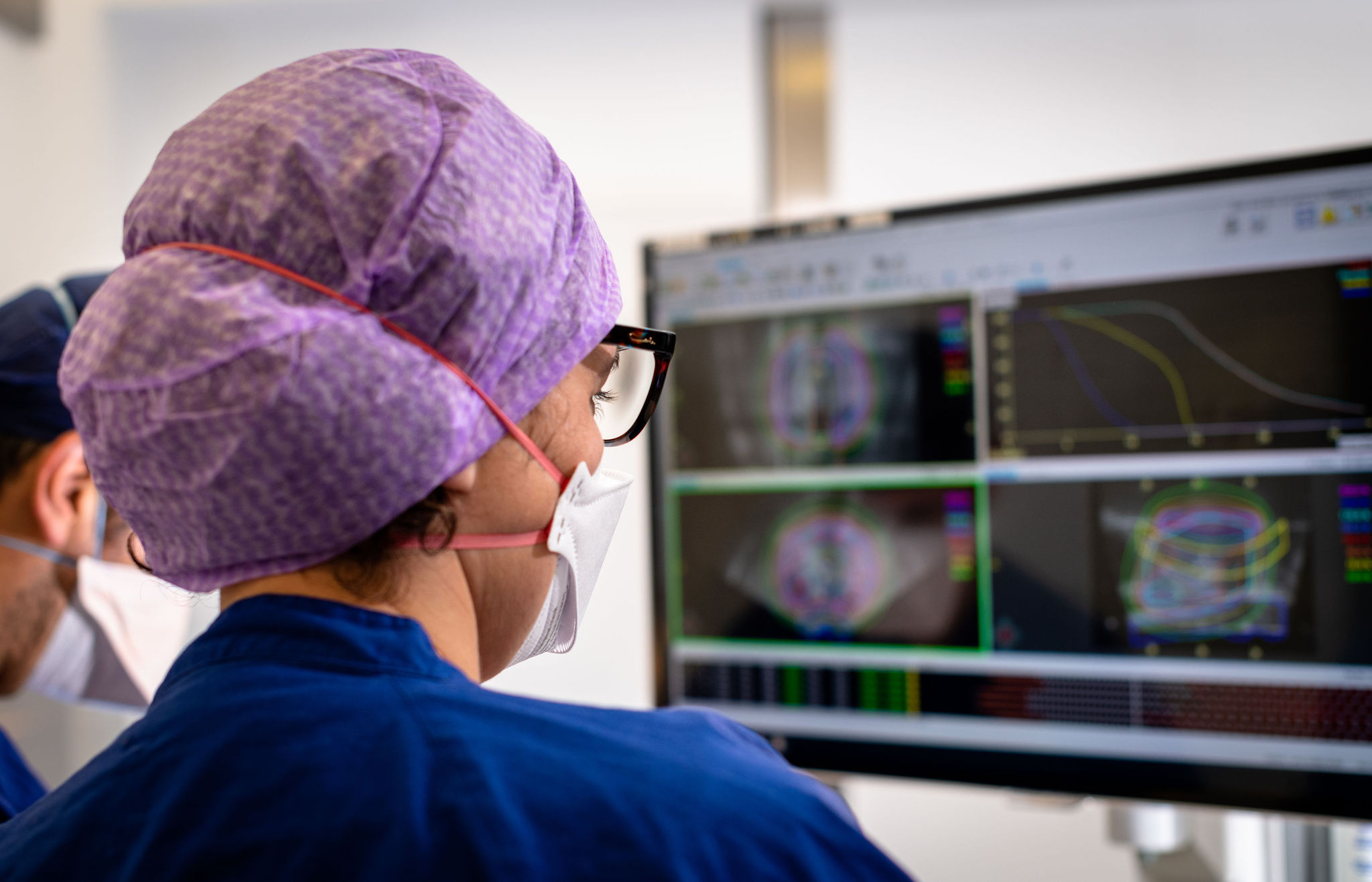Employing two Positron Emission Tomography (PET), computed tomography (CT) scanners, our team non-invasively images tumour biology. This includes processes such as metabolism, proliferation, amino acid transport, and hypoxia to understand how tumours respond to therapy. Our group also actively collaborates with major pharmaceutical companies to bring new molecular targeted therapeutic agents into clinical use through robust proof-of-mechanism studies and providing earlier biological read-outs of therapeutic response.
Pre-Clinical Research Program
A key focus of the team’s preclinical program is to establish, in parallel, in vivo imaging biomarkers and ex vivo correlative biomarkers of response that are then used to design clinical trials in humans. A major strength of the program is the short feedback loop between staff involved in preclinical and clinical imaging research with many researchers at Peter Mac proficient in both areas. As an adjunct to the pre-clinical research into novel PET radiopharmaceuticals, clinical research is being conducted in collaboration with the Cooperative Research Centre for Biomedical Imaging Development to validate promising agents in clinical trials, including progressing novel amino acid and melanoma imaging agents to clinical trial.
Clinical Research Program
Embedded in the major referral site for the treatment of neuroendocrine tumours in eastern Australia, our research team is developing quantitative techniques to evaluate the relationship between the uptake and retention of peptide receptor ligands and subsequent therapeutic response. This involves pre-treatment Ga-68 octreotate PET/CT scanning and correlative post-treatment Lu-177 octreotate imaging using SPECT/CT.
In addition to the team’s focus on hybrid technologies, researchers are increasingly using co-registration of nuclear medicine techniques like PET and single-photon emission computed tomography (SPECT) with magnetic resonance imaging (MRI) to further improve diagnostic accuracy and aid treatment selection and planning.
Imaging and diagnostics research focus
- Improving diagnostic paradigms for cancer staging.
- Establishing optimal timing and tracer combinations to assess therapeutic response to novel molecular targeted therapies.
- Development of novel PET imaging agents.

